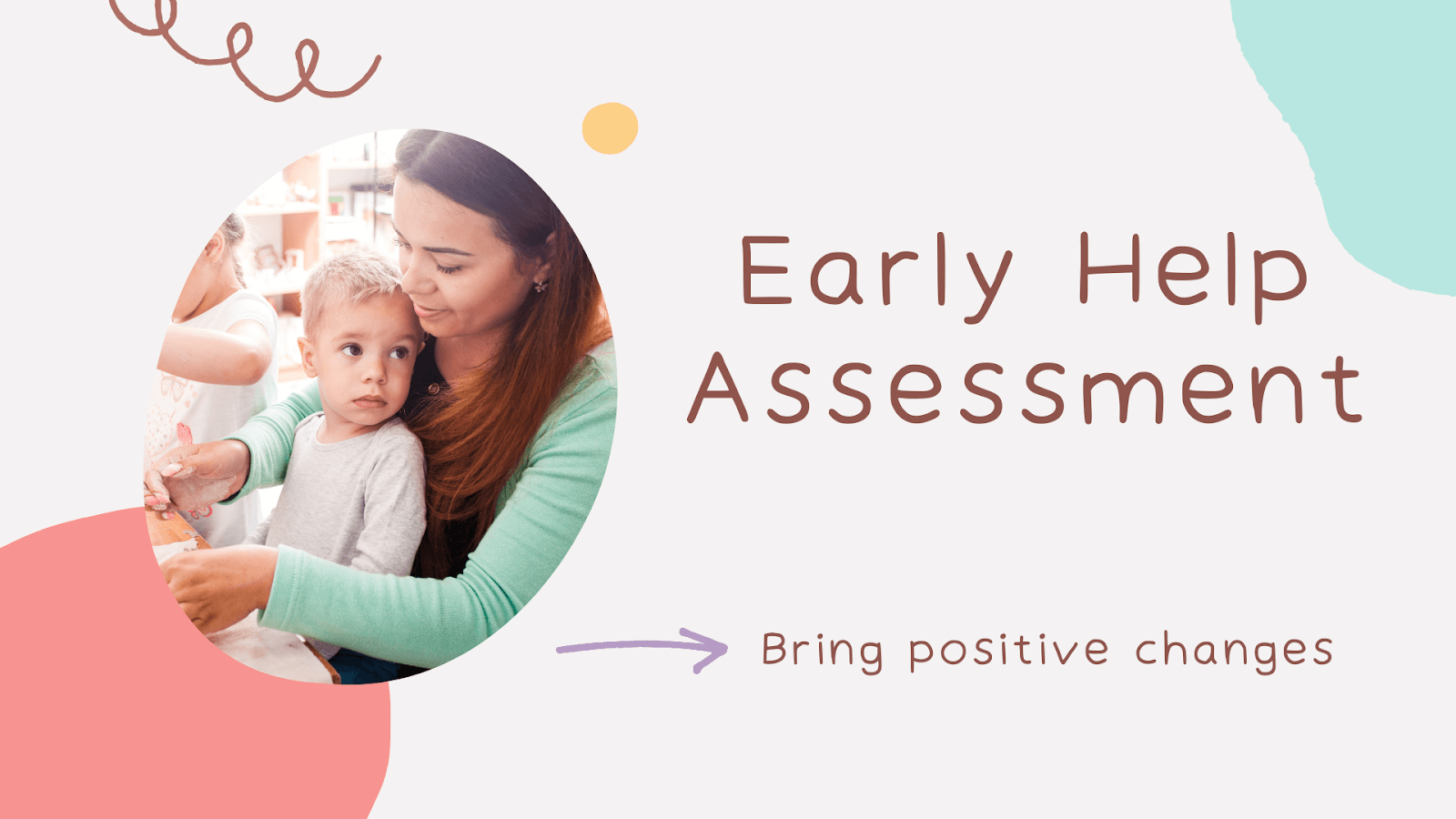Leadership is often seen as this innate ability possessed by a select few, but contrary to popular belief, it’s a skill that can be taught and honed by most people. Case in point: countless successful leaders have come from diverse backgrounds, proving that leadership is not a birthright but a craft that can be cultivated.
Even so, not everyone can actually learn to be a great leader. Sometimes, you can have excellent employees who are simply not cut out to be leaders, no matter how many leadership training programs they attend.
Why is that? In this blog post, we explore this and other questions about leadership, including whether it can really be imparted through education and experience.
The Basics of Leadership
At its very core, leadership consists of a set of skills, behaviors, and competencies. Communication, emotional intelligence, resilience, and conflict-resolution skills form the basis of leadership. And, as you have probably guessed, each of these skills can be taught. Some through education, others through mentorship, and some through real-world application.
Education
Education plays a crucial role in shaping leaders. Academic institutions and professional development courses offer a structured approach to leadership training, which is why such programs are recommended for all leaders-in-training.
Education exposes aspiring leaders to theories, case studies, and practical scenarios, giving them a comprehensive understanding of leadership dynamics. Learning about leadership models, effective communication strategies, and adaptive problem-solving equips individuals with the tools needed to navigate complex work situations.
Experience
While education provides the theoretical framework, nothing can replace experience. Real-world challenges test an individual’s ability to lead under pressure, make informed decisions, and inspire others. In practice, leadership is dynamic, requiring adaptability and resilience. Exposure to diverse situations, whether through work, volunteer activities, or personal challenges, contributes significantly to leadership development.
Why Does It Sometimes Go Wrong?
If leadership comprises teachable skills, why cannot everyone learn to be a good leader?
Usually, it all comes down to passion or, rather, a lack of passion for leadership. To be a great leader, an individual must be passionate about guiding, inspiring, and influencing others. It’s the passion that fuels the commitment needed to weather challenges, persist through failures, and continually refine one’s leadership style.
The desire to be a good leader is what drives individuals to invest time and effort in continuous self-improvement. Just like there are people who think of their job as nothing more than something they do to earn money, there are people who love their work and make it their calling.
These are the people who can learn leadership skills quickly and effectively, and they are the ones who ultimately make great leaders.
Recognizing and Developing Leadership Potential
Identifying potential leaders requires a nuanced approach. While resumes may showcase acquired skills and experiences, true leadership potential is often discernible through one’s passion for the role.
It is during interviews or collaborative projects that a candidate’s enthusiasm for guiding others, navigating challenges, and driving positive outcomes becomes evident. Skill assessments alone may overlook this vital aspect, emphasizing the need for a holistic evaluation.
If you yourself are trying to become a better leader, taking the time to evaluate your leadership skills is essential. You can do this by engaging in thoughtful self-reflection, assessing not just your acquired skills but the enthusiasm with which you approach leadership.
Ask yourself: Are you driven by a genuine passion for guiding and inspiring others? Do you find fulfillment in navigating challenges and fostering positive change? Don’t forget to ask for one-on-one meetings with your superiors from time to time because feedback can be invaluable.
Wrapping Up
Encouraging passion for leadership is a shared responsibility between individuals and organizations. Companies should do their best to recruit individuals who express passion for leadership when looking to fill leadership roles. They should also do their very best to nurture this passion in their employees, providing opportunities for growth, mentorship, and recognition.
Employees, too, can do plenty to develop their leadership skills. In addition to attending leadership programs, workshops, and courses, they should often reflect on their aspirations so they can align their career paths with roles that resonate with their innate passion.
In conclusion, leadership skills can undoubtedly be taught and refined through education and experience. But, the essential element that separates good leaders from great ones is passion, and not everyone is passionate about their job.
If you are looking to become a better leader, remember that leadership is not just about acquiring skills – it’s also about embracing a passion for this work, as this is what will help propel you to lead with purpose and impact.







 November 16, 2023
November 16, 2023






